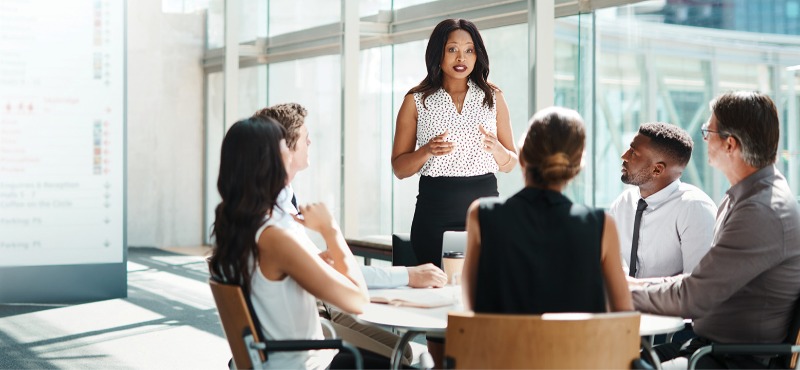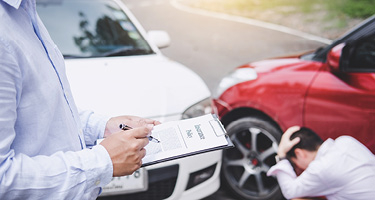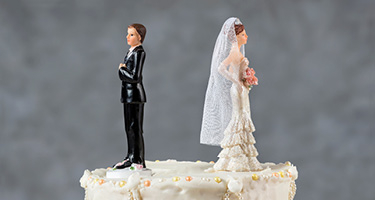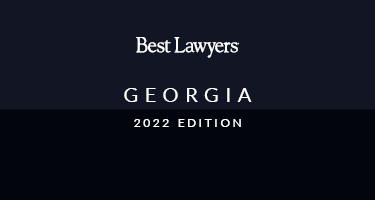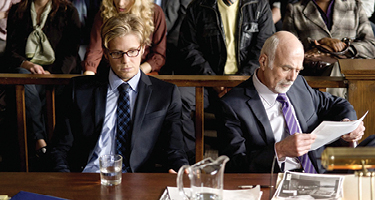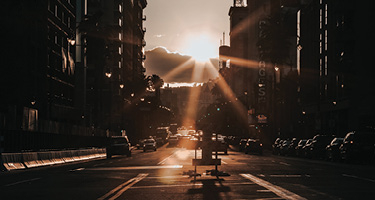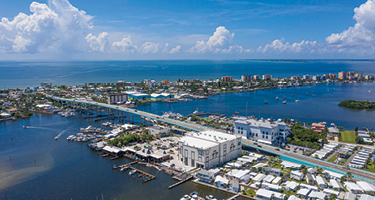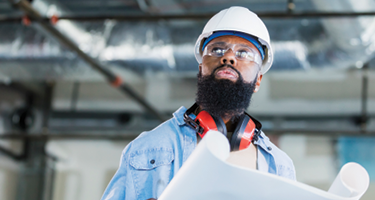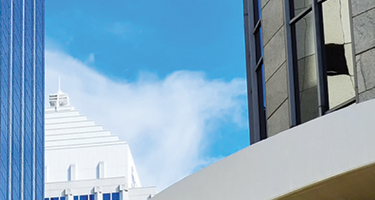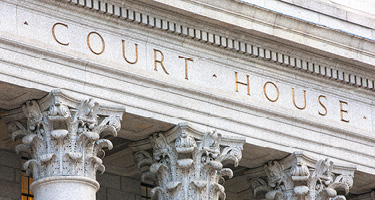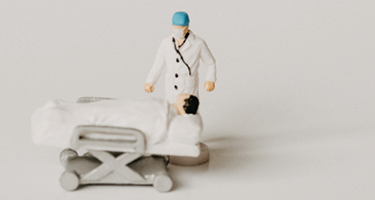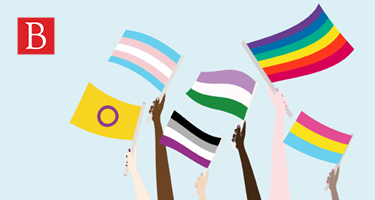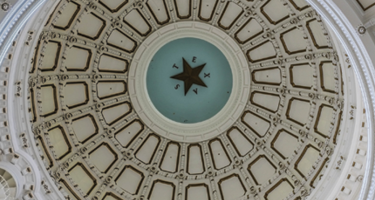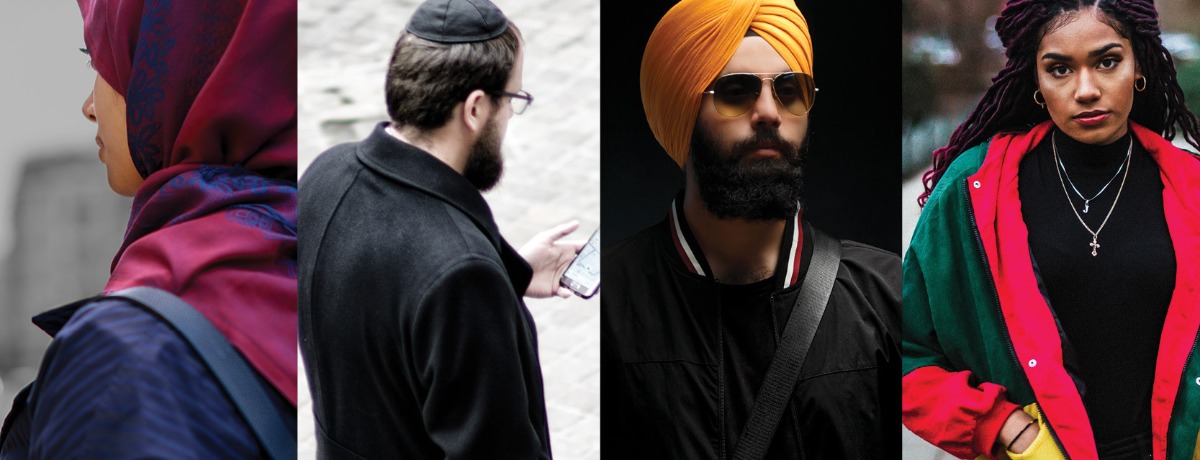Getting proper legal help can prevent someone from being unjustly evicted, wrongly convicted of a crime, and much more—yet securing access to legal services has been a problem of long standing for people of color and other disadvantaged communities. The Center for American Progress (CAP), a think tank in Washington, D.C., notes that the gap between legal needs and available services exacerbates systemic inequities.
In more than three-fourths of civil cases in the U.S., for example, at least one litigant lacks a lawyer. People of color, women, immigrants, the elderly, the disabled, and LGBT individuals are more likely to live in poverty and to need legal assistance, according to CAP—and unlike in criminal cases, parties in civil cases have no core right to counsel. Although every state has established a right to counsel for a few kinds of civil cases, most that involve basic human needs such as housing don’t qualify. Anyone who can’t afford a lawyer is therefore at a significant disadvantage. Here, two Best Lawyers–recognized attorneys offer their thoughts.
David Long-Daniels
Shareholder at Greenberg Traurig, LLP, Atlanta
Recognized for Employment Law Since 2018
Why do you think people of color have trouble accessing legal services?
It’s directly related to the cost of legal services and, also, the sparse number of lawyers of color. This is especially aggravated by legal specialties. I was shocked a couple of years ago when I helped a nephew address a potential criminal matter. There was a courtroom full of people of color facing charges, but the overwhelming majority were not represented by counsel. Consequently, they were making deals with the solicitor without a full understanding of how this record would affect their future job opportunities.
What steps can we take toward a solution?
We need to enhance funding of public defenders’ offices and/or require all lawyers barred within the jurisdiction to fulfill pro bono hours toward the indigent in criminal matters.
Linda Klein
Senior Managing Partner at Baker Donelson, Atlanta, past president of the American Bar Association
Recognized for Alternative Dispute Resolution since 2006
Atlanta is known as the “Black Mecca of the South.” Do you think people in Georgia have specific problems accessing legal services, though?
Georgia, unfortunately, is burdened by large areas of extreme poverty and a big access-to-justice gap—indeed, we have seven counties with no lawyers. Poor people have a disproportionate number of legal needs, and they live in areas where there is no one to help. Additionally, lawyers who work for legal-aid organizations, such as Georgia Legal Services, must travel vast distances to bring justice to their clients. (Georgia is the largest state by area east of the Mississippi River). This exacerbates the justice gap.
How can this be resolved?
There won’t be one solution short of recognition of a right to access to civil legal services, the so-called “civil Gideon.” Until then, we need a combination of volunteers and paid legal-services lawyers. We need navigators, such as law-firm paralegals and other trained volunteers, to help people who have no experience with our legal system find the lawyers they need. We need programs such as Project Rural Practice, in South Dakota, or programs that solve problems in specific areas of the law, such as the Safe and Stable Homes project from the Atlanta Volunteer Lawyers Foundation.
How does Georgia compare to the rest of the country in terms of access to legal services for people of color?
Fordham's Law School's National Center for Access to Justice has done a detailed study of how states compare. While Georgia generally does not rank high compared to other states, there's always room for improvement in every jurisdiction. Excellent research is also being done by the Center for Access to Justice at Georgia State Law School.
